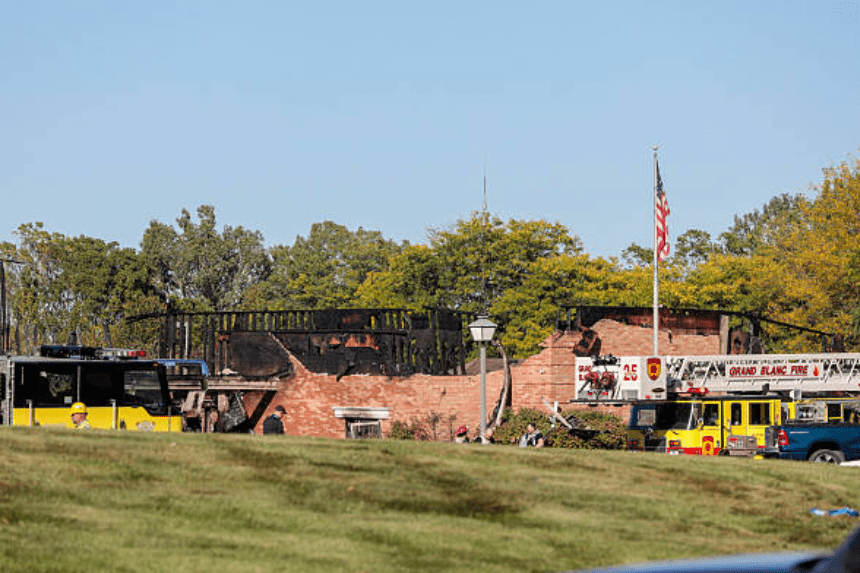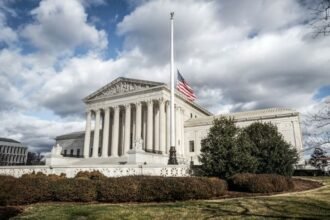Members of the Church of Jesus Christ of Latter-day Saints have come together to financially support the family of the suspect involved in a tragic church shooting in Grand Blanc, Michigan. The attack, which left four people dead and several others injured, shocked the community and sparked nationwide discussion.
The gunman, identified by police as Thomas Sanford, reportedly drove a vehicle into the church during a Sunday service, opened fire, and later set a fire. He was fatally shot by law enforcement at the scene. In the aftermath, a Utah-based church member launched a fundraising campaign to assist Sanford’s widow and children, raising over $250,000 within days.
Why Are Church Members Donating?
David Butler, a Latter-day Saint living in Utah, initiated the fundraiser despite having no personal connection to the Sanford family or the Grand Blanc community. He stated that he was moved by the emotional and financial toll the incident would have on the family, particularly because one of Sanford’s children has ongoing medical needs.
Butler described his actions as a way to offer “stability in a time of heartbreak.” The funds are intended to cover living expenses and specialized healthcare. Comments from donors express empathy and solidarity, with many identifying as fellow Latter-day Saints. Here is the link to our article on the Church Collapse Tragedy.
What Has Been the Public Reaction?
Although many members of the Latter-day Saints community have shown support, the decision to raise funds for the suspect’s family has drawn criticism online. Some individuals argue that public sympathy should be focused solely on the victims and their families.
Nevertheless, separate fundraisers have also been created for the victims of the church shooting, ensuring broader community support. Candlelight vigils and interfaith prayers have been held across Michigan to honor those lost and injured.
Who Was the Attacker?
According to officials, Sanford was a 40-year-old Marine veteran who served in Iraq. He had prior legal issues, including arrests for burglary and impaired driving. Authorities say he was from a suburb near Flint and had no known connection to the victims.
The motive for the church shooting remains under investigation. Law enforcement agencies are examining the background of the attacker and reviewing surveillance and witness testimonies from the chaotic scene that unfolded during the packed Sunday service. Here is the link to our article on Church Attack Appeal.
What Do Survivors Say?
One survivor, who lost her father in the attack, shared a heartfelt letter describing a moment of unexpected peace during the shooting. As the gunman approached, she said she felt a sense of calm and looked directly into his eyes. She claimed to see pain and confusion in his expression, which led her to forgive him in that moment—not with words, but from her heart.
This expression of forgiveness has resonated with many, reflecting the community’s efforts to heal despite the deep emotional wounds caused by the tragedy.
Final Thoughts
The Michigan church shooting has left a complex emotional legacy—grief, outrage, compassion, and forgiveness. While the attack shattered a community, the response has shown the full range of human emotion, from sorrow to generosity. The road to healing will be long, but efforts on all sides show a commitment to unity and support during this difficult time.








